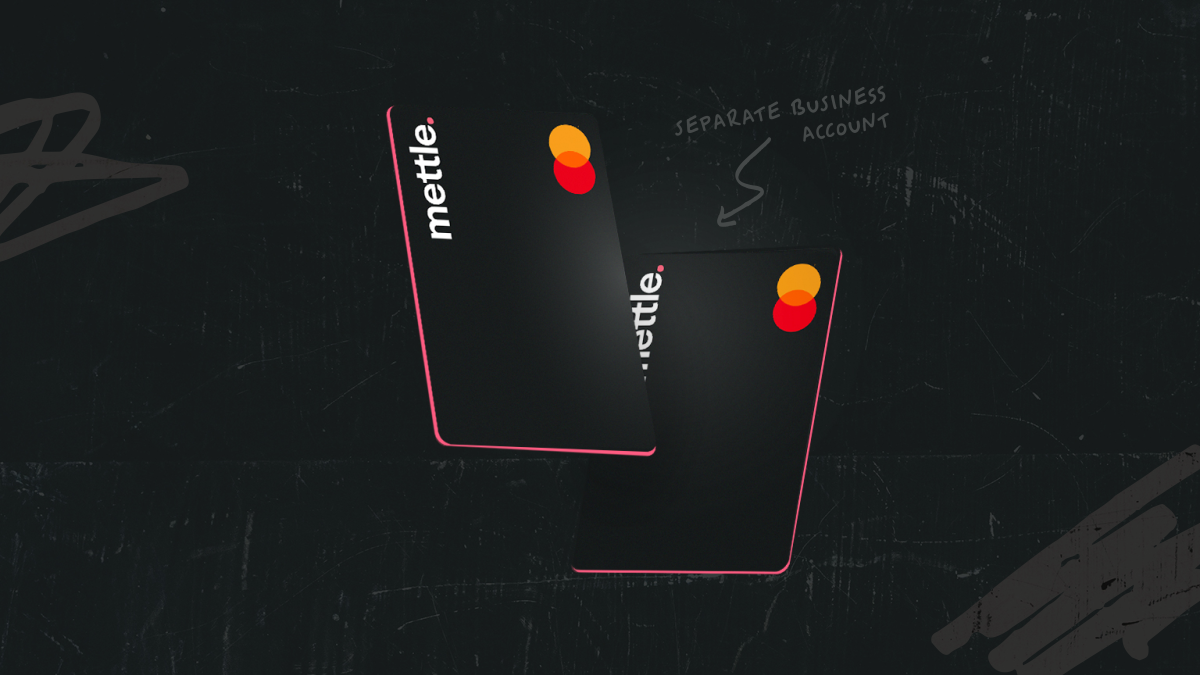Your online tax return for Self Assessment and the tax you owe is due on 31 January (unless you submit a paper return which is due earlier on 31 October). If you miss this deadline, you may have to pay a late fee and interest incurred on your outstanding tax bill.
For starters, if you don’t submit your return by the deadline you’ll pay a late filing penalty of £100 even if you don’t have any tax to pay. If your submission is 3-6 months late, HMRC can charge £10 for each additional day you’re late. This is up to 90 days and a maximum of £1,000.
There are further penalties applied when you’re submitting over 6 months and 12 months late. These will be at least £300 but will be based on the amount of your tax bill. If you have tax outstanding, these late filing penalties can add up so you should always deal with any overdue Self Assessment returns as soon as possible.
On top of any charges for late filing, there are also penalties if your tax bill payment is late. There are two parts to this:
After 30 days, you’ll pay a penalty of 5% of the tax that is overdue. You’ll pay this penalty again after 3 months and 6 months if you still haven’t paid your bill
You’ll also have to pay any interest on the tax which is overdue from 1 February until the day you make the payment. This interest rate is linked to the Bank of England base rate plus 2.5%
You can estimate what your penalty will be on any late payments or submissions on the HMRC website.
If you can’t pay your Self Assessment bill on time
According to FreeAgent, if you know that you won’t be able to pay your Self Assessment tax bill on time, you need to contact HMRC to set up a Time to Pay plan.
Payment plans can be set up up to 60 days after the payment deadline and you can do it online. HMRC says you can set up a payment plan if you:
Have filed your latest tax return
Owe less than £30,000
Are within 60 days of the payment deadline
Plan to pay your debt off within the next 12 months
Don’t have any other payment plans or debts with HMRC
There are different payment plans if you owe employees’ PAYE contributions. If you are within 35 days of the payment deadline, then HMRC says you can set up a payment plan if you:
Owe less than £15,000
Plan to pay your debt off within the next 6 months
Don’t have any other payment plans or debts with HMRC
Have submitted any employers’ PAYE submissions and Construction Industry Scheme (CIS) returns that are due
How much you’ll pay with a payment plan
How much you’ll pay each month will be based on how much money you have left after all your expenses have been paid. HMRC says you’ll usually be asked to pay around half of what you have left over each month towards the tax you owe.
There is additional support out there, especially if you’re struggling to pay because of the rising energy bills due to the cost of living crisis.The Citizens Advice website has information on small business energy costs and where you can get help.
If you’re struggling with debt, MoneyHelper, Advice NI and Scotland Debt Solutions have information and guidance on debt management.
Disclaimer: The content of this blog is based on our understanding of the topic at the time of publication and should not be taken as professional advice. Any of the information may be subject to change. You are responsible for complying with tax law and if in doubt, should seek independent advice.


